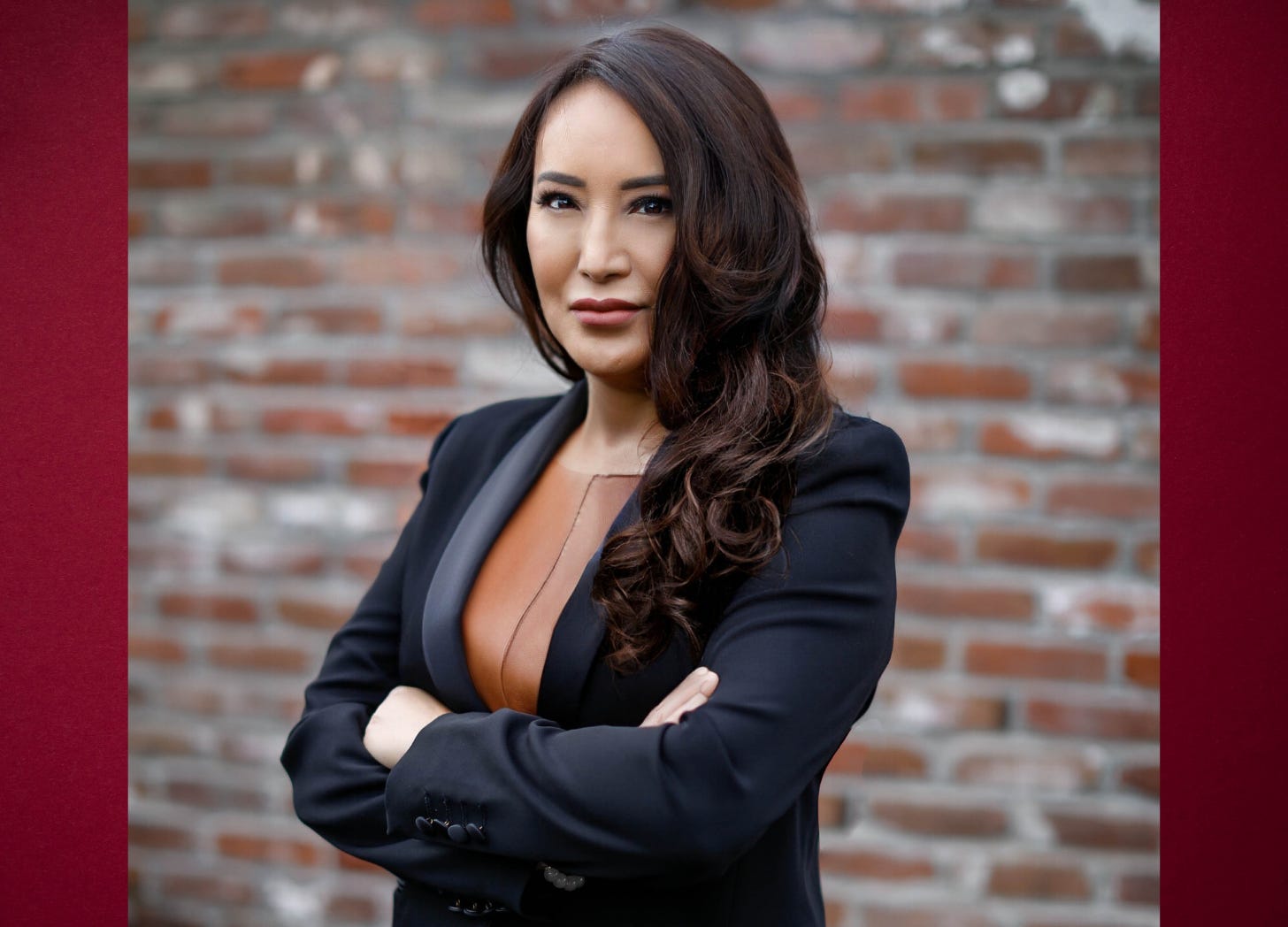Mary Chung Hayashi Powers Your Political Will
She's an award-winning politico who literally wrote the book on women in politics, and she wants you to run for office!
Hi Mary, and welcome to the Womancake interview! How is your workday going?
So far so good, thanks for asking.
Excellent. You’ve had a long career in public service, including as a highly effective and respected California State Assembly member. You are also known for writing, “Women In Politics: Breaking Down the Barriers to Achieve True Representation,”…
Keep reading with a 7-day free trial
Subscribe to Womancake Magazine to keep reading this post and get 7 days of free access to the full post archives.



